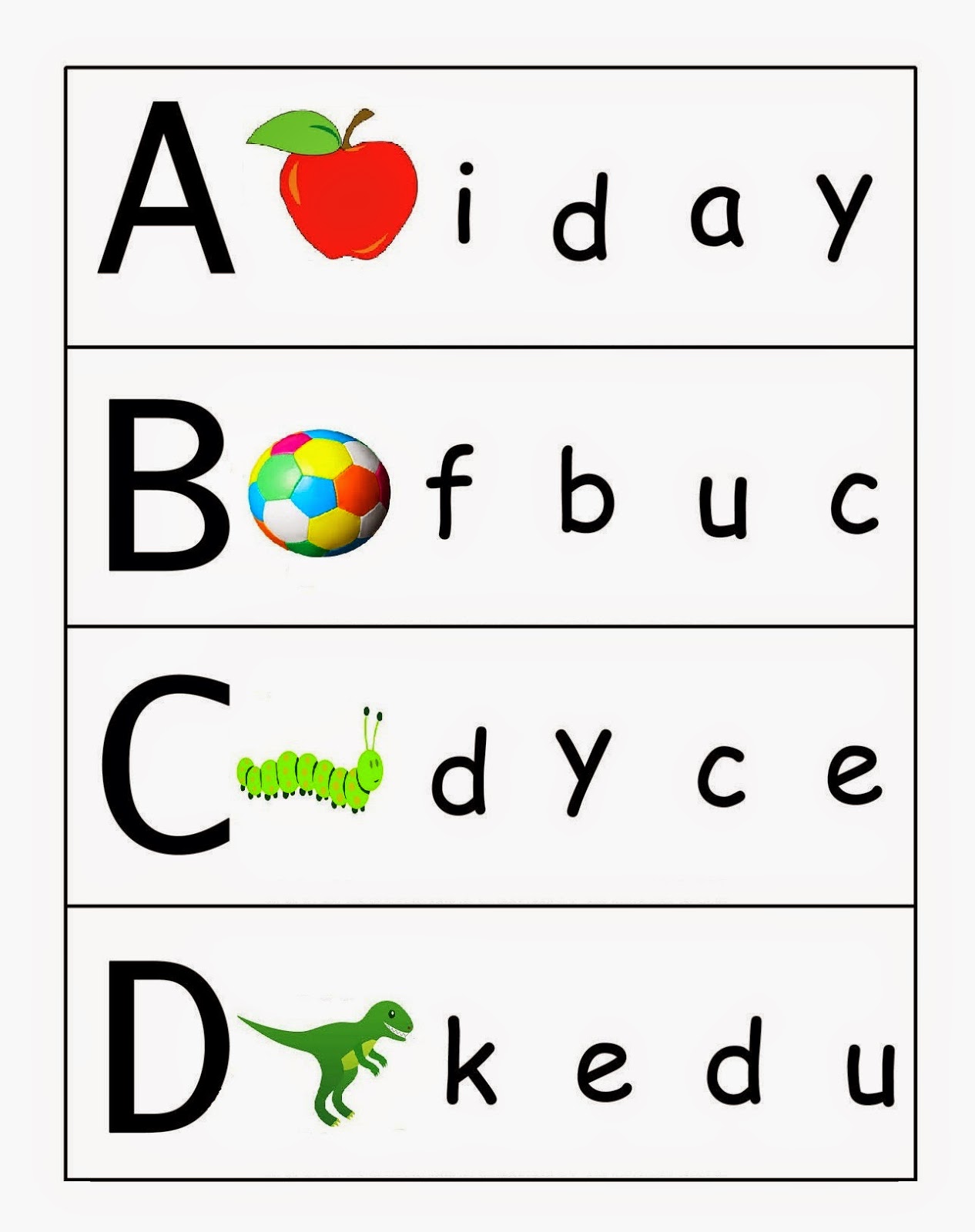The Power of Case: When to Use Uppercase and Lowercase Letters
Have you ever stopped to consider the subtle power held within a single letter? We're not talking about the meaning it carries, but rather its size – specifically, whether it stands tall in uppercase or takes a humbler position in lowercase. In the world of writing, this seemingly small detail can have a significant impact on how your message is received.
This isn't just about grammar rules, though those are certainly important. It's about understanding how the visual cues of uppercase and lowercase letters influence readability, clarity, and even the tone of your writing. From crafting eye-catching headlines to ensuring your sentences flow smoothly, mastering the art of uppercase and lowercase usage can elevate your writing to a new level.
Consider the difference between these two phrases: "LOOK AT THAT" and "Look at that." The first, with its all-uppercase approach, feels like a shout – perhaps even a bit aggressive. The second, using standard capitalization, comes across as a simple observation. The content is identical, yet the feeling conveyed is drastically different, all thanks to the case of the letters.
While the example above demonstrates an extreme, it highlights the inherent impact of uppercase and lowercase letters. Overusing uppercase can be overwhelming, feeling like you're constantly shouting at the reader. On the other hand, neglecting capitalization entirely can make your writing appear sloppy and unprofessional.
Finding the right balance is key. Thankfully, the rules surrounding capitalization are fairly straightforward, and with a little practice, you can develop an intuitive sense of when to use uppercase and lowercase letters effectively. By understanding the nuances of case, you'll be well on your way to writing with greater clarity, confidence, and impact.
While there aren't specific historical origins or debates around uppercase and lowercase letters in the same way there might be for punctuation marks, their evolution is intertwined with the development of writing systems themselves. From early forms of writing with only uppercase letters to the introduction of lowercase for ease of writing and reading, the interplay of these two forms has shaped the way we communicate today.
Mastering the use of uppercase and lowercase letters is more than just a matter of grammatical correctness. It's a fundamental aspect of clear and effective communication. When you use case appropriately, you guide the reader's eye, signal important information, and ensure your message is conveyed with the intended tone and clarity.
Advantages and Disadvantages of Using All Uppercase Letters
| Advantages | Disadvantages |
|---|---|
|
|
Understanding the advantages and disadvantages of uppercase and lowercase letters is crucial for effective communication. While uppercase letters can be used strategically for emphasis or attention-grabbing purposes, their overuse can hinder readability and convey unintended negativity. The key lies in finding a balance that enhances clarity and readability.
By mastering the nuances of uppercase and lowercase usage, you can elevate your writing, making it clearer, more engaging, and ultimately, more impactful. It's about understanding the subtle signals these letters convey and leveraging them to communicate your message with precision and purpose.
Navigating south carolina medicare plans your guide to coverage
Unlocking the bible your guide to starting a fulfilling study
Saving our planet the power of short environmental writings karangan pendek tentang alam sekitar














